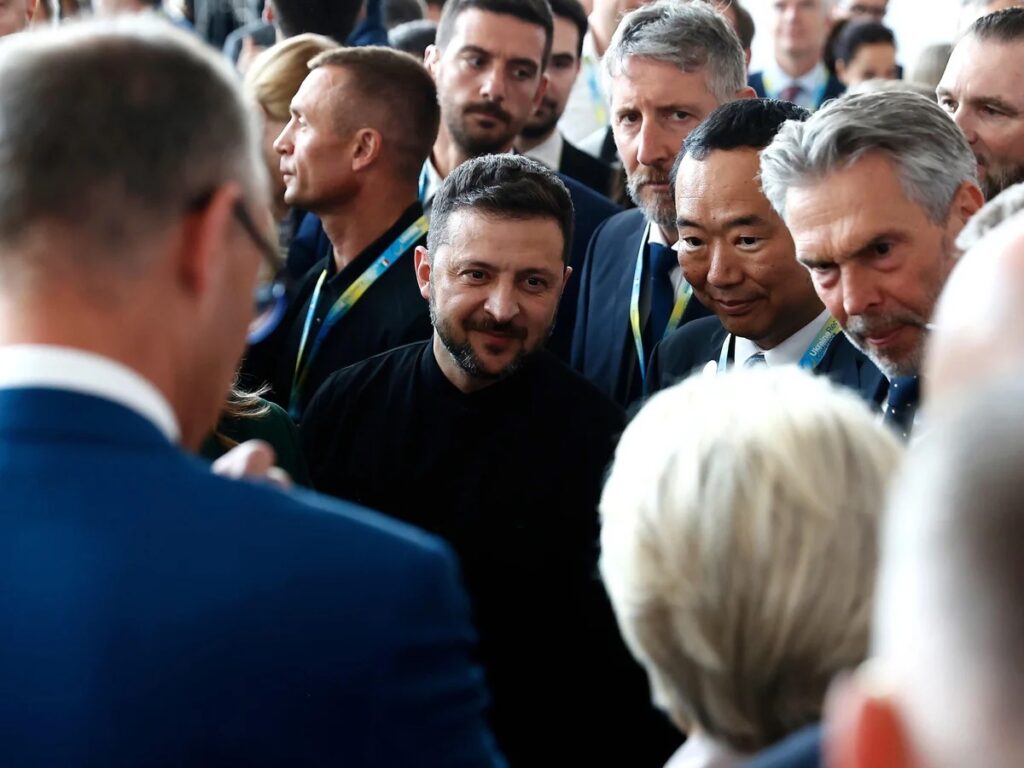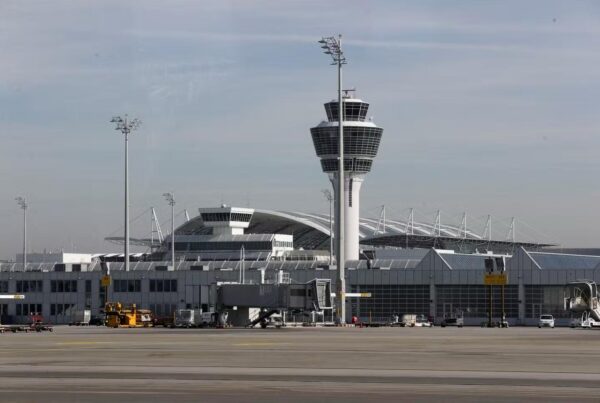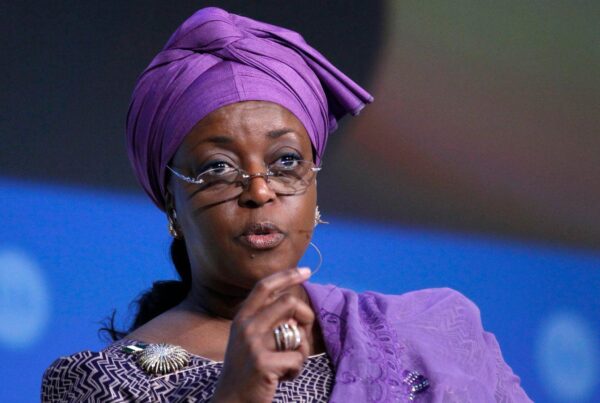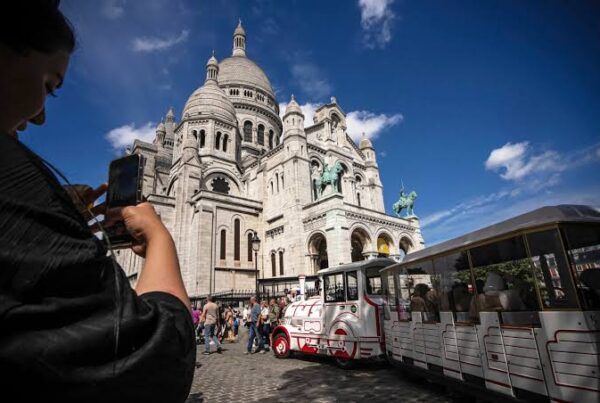Zelenskyy met with British Prime Minister Keir Starmer and other European leaders in London to reinforce international support for Ukraine. The Ukrainian president warned that Vladimir Putin’s latest military strategy was pushing Ukraine toward a “humanitarian catastrophe,” particularly through relentless attacks on the nation’s energy infrastructure.
In the meeting held at Downing Street, Zelenskyy stressed that these attacks are not merely tactical but part of a broader effort to break the will of the Ukrainian people. “This winter could be devastating if Russia continues targeting our energy facilities,” he said, calling on European allies to accelerate military and economic aid.
Starmer reaffirmed Britain’s unwavering support for Ukraine, calling Russia’s demands “absurd” and pledging deeper involvement through what he described as “a coalition of the willing,” which now includes more than 30 nations.
European Response and Unified Front
European leaders echoed similar sentiments, emphasizing the importance of unity against Russian aggression. The London meeting served as both a diplomatic show of strength and a coordination hub for future defense and humanitarian assistance.
Coordinating Energy Defense Measures
Zelenskyy highlighted that Ukraine’s energy grid has been severely compromised. Dozens of power stations and substations have been hit since October, leaving millions without reliable electricity. European nations, led by the United Kingdom, pledged to provide critical infrastructure support, including generators, transformers, and engineering equipment to stabilize Ukraine’s power network.
British Foreign Secretary David Lammy confirmed that the UK will contribute additional £120 million in energy defense aid, focusing on protecting substations and improving cyber defense against Russian sabotage. France and Germany also announced joint initiatives to strengthen Ukraine’s power supply resilience throughout the winter.
Expanding the “Coalition of the Willing”
The coalition initially formed in 2022 after Russia’s full-scale invasion has now expanded to 32 countries, ranging from NATO members to non-aligned states that support Ukrainian sovereignty. Starmer emphasized that this partnership is not only military but also economic, humanitarian, and technological.
“Ukraine’s struggle represents a fight for international law and democracy,” he said. “We stand with Zelenskyy, and we will continue to strengthen this coalition to ensure Putin’s aggression fails.”
Humanitarian Impact of the War
The war’s toll on civilians remains staggering. According to recent UN data, over 8 million Ukrainians have fled the country, and more than 17 million require urgent humanitarian assistance. Russia’s recent missile attacks have specifically targeted heating systems and water supplies, prompting fears of a humanitarian disaster as temperatures drop.
Civilian Infrastructure Under Fire
Zelenskyy accused Moscow of intentionally weaponizing winter. “When they destroy our power stations, they don’t just attack infrastructure—they attack lives,” he stated. Reports indicate that major urban centers like Kharkiv, Dnipro, and Kyiv have experienced recurring blackouts, forcing families to rely on makeshift heating and community shelters.
European Commission President Ursula von der Leyen, who joined the London summit via video link, condemned these actions as “clear war crimes under international law.” She reaffirmed the EU’s intention to intensify sanctions and expedite the delivery of humanitarian aid through EU Solidarity Lanes.
Expanding Refugee Support Networks
Neighboring nations like Poland and Romania continue to shoulder the burden of refugee care. During the summit, discussions were held on expanding relocation programs and improving access to healthcare, education, and employment for displaced Ukrainians.
British Home Office officials also confirmed that new visa extensions will be granted under the “Homes for Ukraine” program, ensuring families can remain in the UK safely for another year.
Military and Strategic Cooperation

The London summit also reinforced commitments to military cooperation, with several countries pledging new defense packages designed to improve Ukraine’s air defense and intelligence capabilities.
Britain’s New Military Aid Package
Starmer announced an additional £500 million in security support, which includes anti-aircraft systems, drones, and armored vehicles. The aid is expected to be deployed by early November, coinciding with NATO’s renewed focus on bolstering the eastern flank.
This new package marks the first major military announcement under the Starmer administration, signaling continuity with previous UK governments despite domestic political shifts. Defense analysts see this as an important message of stability to Kyiv and to NATO allies.
Joint Training and Intelligence Sharing
Several European states agreed to expand the training of Ukrainian troops under the EU Military Assistance Mission. This includes advanced drone warfare tactics, logistics management, and counteroffensive coordination. Britain will host a new phase of training exercises at Salisbury Plain, while France and Germany focus on cyber and intelligence-sharing operations.
Zelenskyy expressed gratitude for the collective efforts, stating that Ukraine’s armed forces have evolved rapidly thanks to international collaboration. “Our soldiers are fighting not only for Ukraine but for every nation that values freedom,” he said.
Economic Recovery and Reconstruction Plans
While much of the summit focused on defense, there was also a strong emphasis on economic recovery and reconstruction efforts. European leaders agreed that post-war rebuilding should begin in parallel with ongoing defense operations.
Mobilizing International Investment
The European Bank for Reconstruction and Development (EBRD) pledged €2 billion in new loans and grants for infrastructure repair. The funds will focus on restoring transport networks, rebuilding schools, and expanding renewable energy projects to reduce dependence on imported fuels.
British companies were also encouraged to participate in Ukraine’s reconstruction tenders, with incentives provided through the UK Export Finance scheme. “Economic stability is a cornerstone of national resilience,” said Starmer. “Supporting Ukraine’s recovery is both a moral duty and a strategic investment in Europe’s future.”
Strengthening Trade and Digital Resilience
Ukraine and the United Kingdom also signed a memorandum of understanding to enhance digital infrastructure and cybersecurity. The partnership includes joint research on AI-driven defense systems and secure data storage—areas that Zelenskyy said are critical for Ukraine’s modernization.
At the same time, European investors are eyeing long-term opportunities in green technology, energy transition, and transport logistics. These sectors, officials said, could accelerate Ukraine’s integration into the broader European economy once the war subsides.
Global Reactions and the Path Ahead
The United States and Canada expressed strong support for the London summit’s outcomes, reaffirming their commitment to supply advanced defense systems and humanitarian relief. Meanwhile, nations like India and Brazil have urged continued diplomatic dialogue but stopped short of endorsing new sanctions.
Challenges in Sustaining Global Focus
Analysts warn that maintaining international unity will become increasingly difficult as economic pressures mount worldwide. However, Zelenskyy remains confident that shared values of democracy and freedom will keep the alliance intact.
“Ukraine has stood firm for over three years against a nuclear power. That resilience is possible only because of our partners,” he said. “We must continue working together so that aggression never becomes the new normal.”
In closing, Zelenskyy’s visit to London underscored both the fragility and strength of global unity in the face of Russian aggression. The coalition he helped build is not just a military alliance—it is a moral one, rooted in the defense of international law and the right of nations to exist freely.
As winter approaches, the world will watch whether this renewed commitment can withstand the harsh realities of war and politics. For now, London stands as a beacon of solidarity, echoing Zelenskyy’s message: that freedom, though costly, remains worth every sacrifice.
For more updates on global diplomacy and European affairs, read related articles on Olam News.






